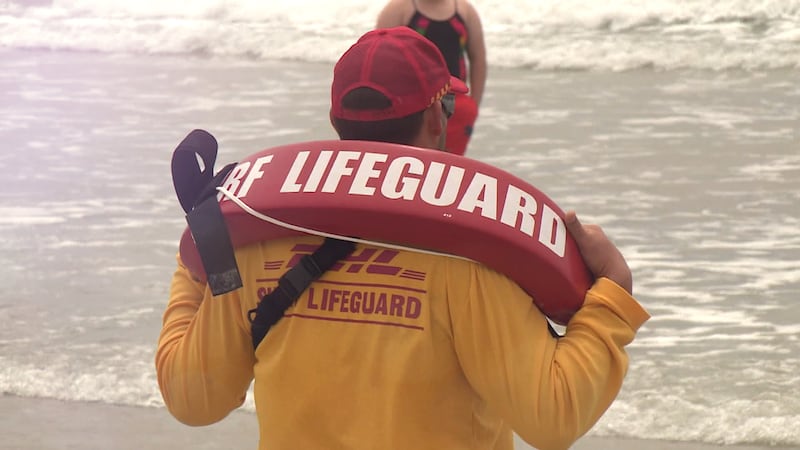The Northland Emergency Services Trust has less than three months to come up with $535,000 a year to keep the Northland Rescue helicopter going after the end of June.
That’s because the Northland Regional Council says it can’t afford to keep its emergency services fund, which is used for services including the helicopter, and is proposing to stop it in its Long Term Plan 2024-2034 consultation proposal.
Northland Emergency Services Trust chairman Paul Ahlers says Northland is a unique region geographically due to its elongated coastline with a lot of predominately isolated rural areas.
He says if the Emergency Services Fund is scrapped by the council, that will take effect from the end of June, which he emphasises really just gives the trust three months to try to find over half a million dollars to keep the rescue helicopter going.
“And that’s not very long to find that sort of funding. We’ve been feeling the struggle out there in the community from most people. Times are definitely tighter .I think our ability to try to find that sort of money in such a short amount of time would be extremely difficult.”
Council agrees services ‘critical’
Ahlers says the helicopter covers long distances quickly and is able to get those in need to a hospital that will deliver the clinical care that people need.
“When it comes to healthcare and particularly emergency healthcare, our geography is not our friend, and often the only way that we’re actually going to be able to get to the health services that will make a difference is by having something like the helicopter.”
He says there are about 40 people in Northland working with Northern Rescue.
Northland Regional Council deputy chair Tui Shortland says, “these are critical services and the public does not want to see them be put at risk by uncertainty around funding.”
She says that the council a hundred percent agrees these services are critical.
But Shortland asks: “Why aren’t these critical life-saving services being funded properly by the government in the first place?”
Not a regional council function
She highlights the reality of the council being asked to deliver more services and ratepayers feeling the pressure by being pushed to their limits on what they can afford to pay.
Shortland says the funding to provide support to emergency services is not a regional council function and the council’s proposal to stop funding will allow it to free up $1.1 million for core work to be focused on keeping rates down.
She says that there are connections being drawn between the council and the Civil Defence role with the provisions of the emergency services as a reason to continue council funding these services, which includes St John Ambulance, Surf Lifesaving, Coast Guard and rescue helicopters.
Hato Hone St John’s Northland district operations manager Ben Lockie says his Northland teams are fortunate to benefit from different funding initiatives, including Northland Council’s Emergency Services Fund “up to this point”.
“A number of our Northland ambulance fleet that regularly respond to life-threatening emergencies have been acquired through this initiative, and we’re grateful for the contribution from the fund to assist us in serving our local communities”
He says the emergency ambulance service will continue to serve the public if the Northland Council Emergency Services Fund is discontinued but Hato Hone “will need to engage in additional fundraising activities to continue to acquire and replace some of our fleet in the region”.
Shortland says the council supports the Northland Emergency Services Trust and other emergency services in advocating to the government for a more sustainable long-term funding model that provides better certainty for the services.


